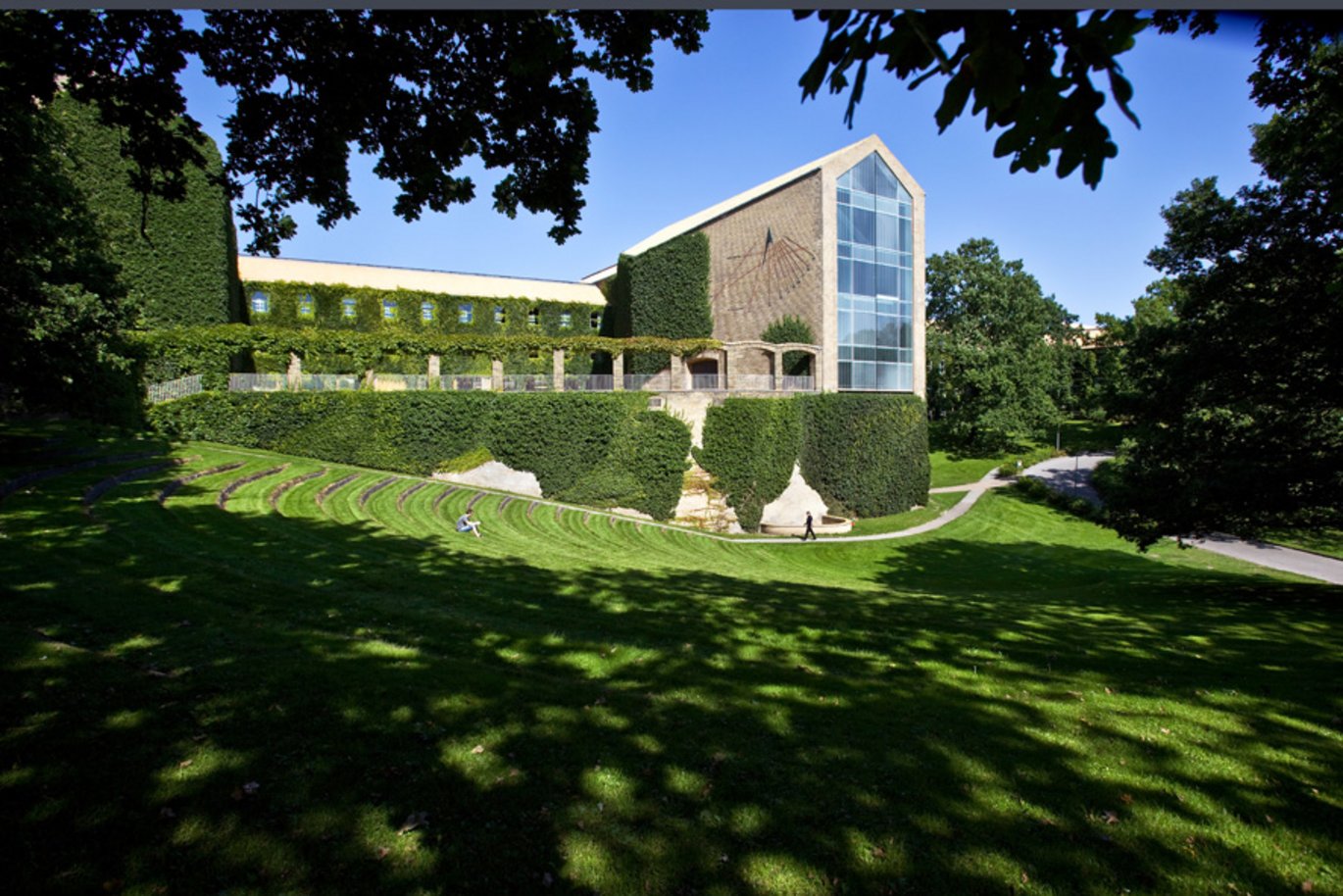Ethnographies of Welfare State Transformations
Workshop hosted by ‘Norden Netværket’

Info about event
Time
Location
Moesgård, auditorium 1.
fileadmin/cas/forskning/Forskningsprogrammer/ETHNOGRAPHIES_OF_WELFARE_STATE_TRANSFORMATIONS_-_Programme_and_abstracts.pdffileadmin/cas/forskning/Forskningsprogrammer/ETHNOGRAPHIES_OF_WELFARE__STATE_TRANSFORMATIONS__-_Programme_and_Abstracts__final_.pdffileadmin/cas/forskning/Forskningsprogrammer/Ethnographies_of_Welfare_State_Transformation_-_Final_Programme.pdfFor an official programme and full list of abstracts click here
In Denmark, as in many other European countries, politicians and welfare state institutions have since the 1990s been looking to the market and the private sector as the basis for social reform. Such processes are often referred to as New Public Management or neoliberalism. Many studies, however, fail to explore how neoliberalist policies are taken up differently in various institutions and areas of social life and in societies with different 'division of labour' between private and public institutions, state and municipal organisations, religious and secular organisations, etc.
Anthropologists have pointed out that citizen-state-market-relationships are not universal modernist formations and that people meet neoliberal policies at different scales of the community, family and household. It is important to understand how policies emerge, are made meaningful and incorporated into everyday life and have deeper implications for fundamental social concepts such as personhood, future, hope and belonging (Guyer 2007, Tsing 2005, Greenhouse 2010, Povinelli 2012, Kingfisher and Maskovsky 2008). Therefore, the workshop engages with current changes of the particular Danish welfare state.
We call for ethnographic studies of transformations in welfare state institutions (i.e. health, education, care, integration) and other domains of social life (i.e. business and management, labour market, arts, science,housing, military and security) that are affected by the reorganised relationships between state, market and citizens. How are institutional changes practiced and understood in everyday life and how do they affect relationships between generations within families, between teachers and students, doctors and patients, neighbours or competitors, etc.?
The workshop is meant as a laboratory for exploring new ways of writing ethnographies of welfare state transformations where we let ‘small’ cases speak to larger political debates. Anthropology has traditionally worked in the social and global margins and can be seen as a marginal perspective compared to for instance political science, sociology or economics. This marginality, however, should not prevent us from engaging in larger debates concerning welfare state transformations.
We invite papers that accommodate to the following three principles:
- Depart from an empirical case, a place, a story, a portrait of a person or similar rich ethnographic material.
- Address a general debate of relevance to the future development of Danish (or Scandinavian) society as such.
- Relate the analysis to gatekeeping concepts of the regional literature and welfare state, such as equality, sameness, community or inclusion.
Participation in the worskhop is free, including coffee, lunch and a dinner in the evening.
Please send register for the workshop by filling in this online registration form before 19
May: https://auws.au.dk/Ethnographies_of_Welfarestate_Transformations
PROGRAMME
- 08.30-09.00 Welcome and coffee
- 09.00-11.00 Session 1:
Bjarke Nielsen: Freedom Imaginaries and distributed responsibility: methadone treatment in Denmark
Lisanne Wilken and Mette Ginnerskov Hansen: 'What strikes me is that Danish students don't realise how difficult it is for other students to survive in Denmark'
Camilla Hoffmann Merrild: The practice of health and illness in everyday life
Julie Rahbæk Møller: The Compass of Change - 11.30-12.30 Keynote by Steffen Jöhncke, Department of Anthropology, University of Copenhagen: The Welfare State and the Transformations of Ethnography
- 12.30-13.30 Lunch
- 13.30-15.00 Session 2:
Gritt B. Nielsen: From ‘indexical types’ to ‘entangled figures’: students and the reform of Danish universities
Laura Gilliam: ‘The competition state’ and ideals of civilized communities in a Danish school
Katrine Schepelern Johansen: The quest for psychiatric diagnosis in drug addiction treatment - 15.00-15.30: Coffee break
- 15.30-17.00 Session 3:
Nana Vaaben: 'Working nine to five' - Fantasies of Time, Work and Enjoyment
Alexandra Brandt Ryborg Jønsson: Patient Participation
Jeppe Linnet: Towards an anthropology of welfare-state state subject formation - 17.00-18.00 Recap of the day
- 18.30 Dinner (registration is required)
Organizers
Mikkel Rytter (mikkel.rytter@cas.au.dk) and Maja Hojer Bruun (mhb@learning.aau.dk)
